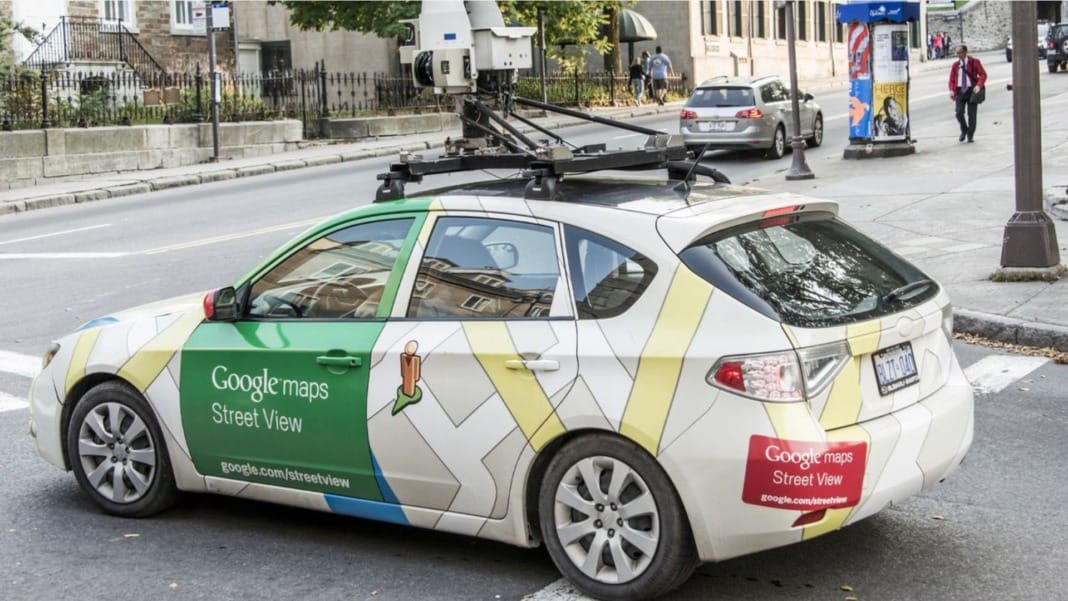You should start paying for some AI features on your Galaxy device soon. If you look closely at Samsung’s latest product announcements, including the Galaxy S24 FE, Galaxy Tab S10 Plus, and Galaxy S10 Ultra, a small but notable detail is buried in the fine print. A new footnote suggests that certain AI features may require a fee after 2025.
This potential change was first spotted by SamMobile, where the exact wording in the press releases reads: “Fees may apply to certain AI features at the end of 2025.” While not a definitive statement, it hints at a shift in Samsung’s AI strategy—moving from offering free services to possibly charging users for certain tools or features in the near future.
This isn’t the first time Samsung has dropped such a hint. Earlier this year, a similar note appeared alongside the launch of the Galaxy S24 series, so it’s clear the company has been considering this move for some time. Although Samsung hasn’t revealed which specific features could come with a cost or how much it might charge, it’s evident that monetising AI is on their agenda.
What AI features might cost you?
At this stage, which AI tools might require payment is still unclear. However, it’s worth noting that many of Samsung’s devices already have various AI-driven functions, such as photo editing, real-time language translation, and note summaries. These are currently free to use, but if you find yourself relying heavily on these tools, you may have to pay to continue using them in the future.
Samsung has also confirmed that more AI features are coming, though they haven’t specified whether these new additions will be part of a paid package. With generative AI tools becoming increasingly complex and power-hungry, charging users for premium features could be a logical step for the tech giant. As AI models advance, they require more computational power and energy, which could explain why companies like Samsung are moving towards paid services.
The growing cost of AI
Samsung’s potential shift towards charging for AI isn’t entirely surprising. Many companies in the tech space are already offering premium AI features at a price. For example, Google and OpenAI (the makers of ChatGPT) charge US$20 (£15 or AU$29) per month for access to more advanced AI models. There are already rumours that the cost of ChatGPT Plus could increase significantly within the next few years.
Apple has also gradually introduced AI-powered features through its Apple Intelligence initiative, which is currently free. However, reports suggest that more advanced capabilities could eventually be bundled into paid services like Apple One.
For now, Samsung users can enjoy a range of AI features without fees, but this could change by the end of 2025. While we don’t yet know how much Samsung might charge or exactly when fees will start to apply, it’s clear that the company is preparing for a future where AI becomes a paid service.
What to expect moving forward
The transition to charging for AI tools is likely part of a broader trend in the tech industry. As AI technology advances, it’s becoming more expensive to develop and maintain, especially at the scale required by companies like Samsung. If you regularly use features such as live translations or automatic photo editing, it’s worth watching Samsung’s announcements over the next year.
For now, the AI tools you know and love remain free, but don’t be surprised if you eventually have to pay for these services. As we head towards 2025, Samsung will likely reveal more about its pricing plans and which features will be impacted.





